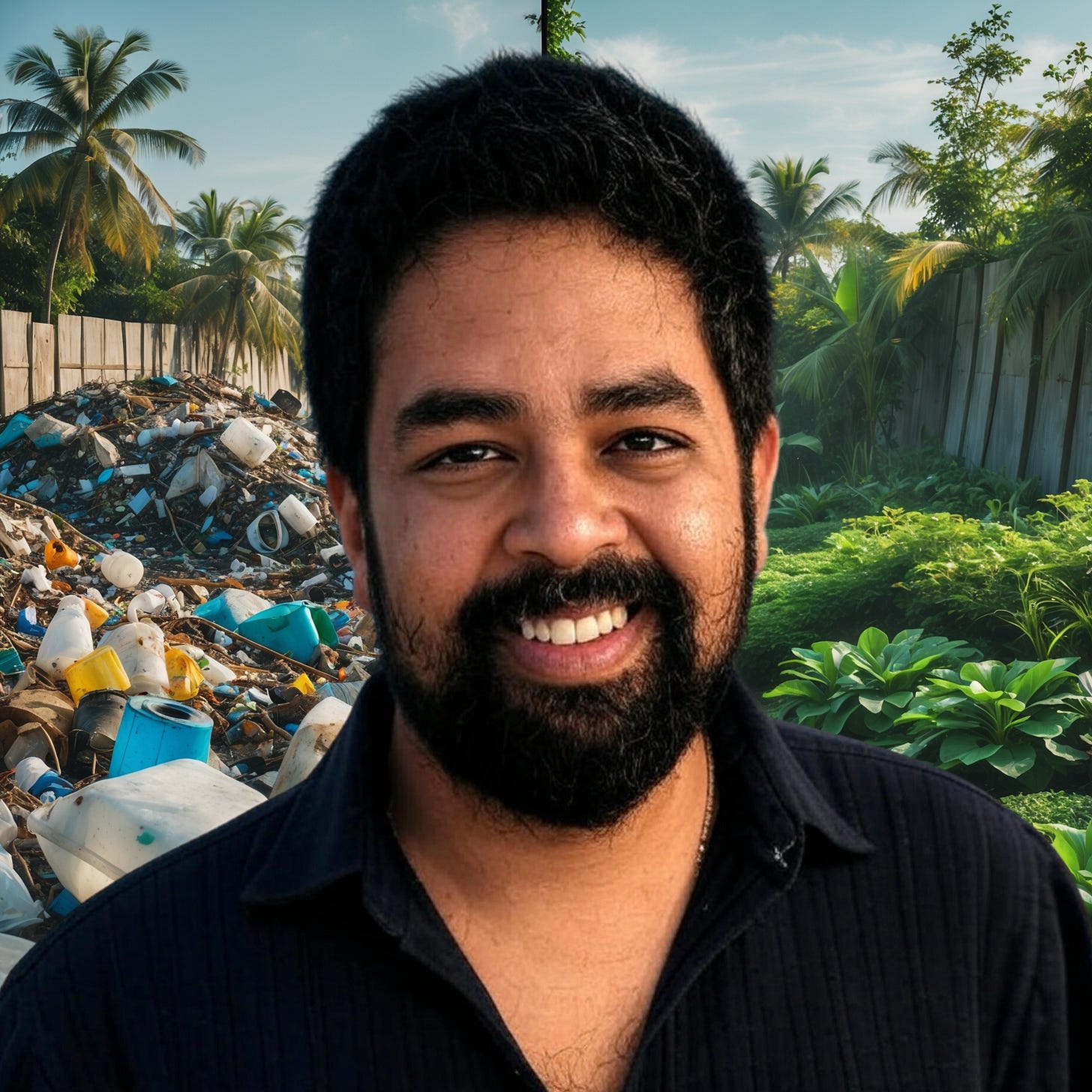We Work With Ragpickers, CEOs, and Government Officers.
In one single day.
We Work With Ragpickers, CEOs, and Government Officers. In One Day.
That’s not an exaggeration.
That’s just... a normal working day at Cercle X.
At 9 AM, I’m pitching a Fortune 500 sustainability head on why their EPR strategy is falling apart.
At 1 PM, I’m negotiating scrap rates with a kabadiwala who’s been in the game for 30 years — and doesn’t own a computer.
At 4:30 PM, I’m presenting a city-wide waste traceability plan to a government commissioner with 12 minutes on her calendar.
That’s not chaos.
That’s climate work.
It requires one thing most people underestimate:
Context switching with empathy.
The Climate Startup Fantasy vs. Reality
Most people romanticize climate startups.
They think it’s dashboards.
Or pitch decks.
Or awards for impact.
But the real work?
It’s conversations in four different languages — sometimes before lunch.
• Business fluency for the CEO
• Street-smart negotiation with the informal sector
• Compliance lingo for the bureaucrat
• Ground-level emotional intelligence to navigate it all
If your climate model doesn’t work across these layers,
It doesn’t work.
3 Very Different Worlds
Here’s what I’ve realized:
🧠 CEOs speak in data
They want traceability. Targets. ESG metrics.
They ask: “Can this help us hit our EPR obligation this quarter?”
🛠 Kabadiwalas speak in value
They don’t care about ESG.
They care about price per kilo, payment cycles, and if you’ll show up tomorrow.
🗂 Government officers speak in policy and execution
They juggle logistics, public pressure, and legacy systems.
They want simple: “How many tonnes diverted today?”
If you can’t speak all three fluently,
you’re not solving the waste problem.
You’re just building a startup.
Why It’s Hard
Because there’s no playbook.
No roadmap.
No “How to scale circular systems in India” course.
You build it in real time.
With real people.
And real constraints.
You’re constantly translating:
What the commissioner wants to hear...
Into what the kabadiwala needs to understand...
While making sure the CEO doesn’t walk out mid-pitch.
And every time someone nods, you earn a little more trust.
Why We Do It Anyway
Because if we get it right:
✅ Cities stay clean
✅ Landfills shrink
✅ Brands stop greenwashing
✅ And waste workers finally get the recognition they deserve
We’re not here to “fix waste.”
We’re here to design trust
in a system that’s long been broken.
We connect people who never sat at the same table.
We speak languages no one ever thought could align.
We build bridges between chaos and structure.
One day, one stakeholder, one micro-system at a time.
If you’re building anything remotely similar —
You’re not alone.
This work doesn’t get headlines.
But it gets results.
And eventually, it moves cities.
One Tuesday at a time.
—
🟡 If this resonated, hit reply. I’d love to know what “context switching with empathy” looks like in your world too.



